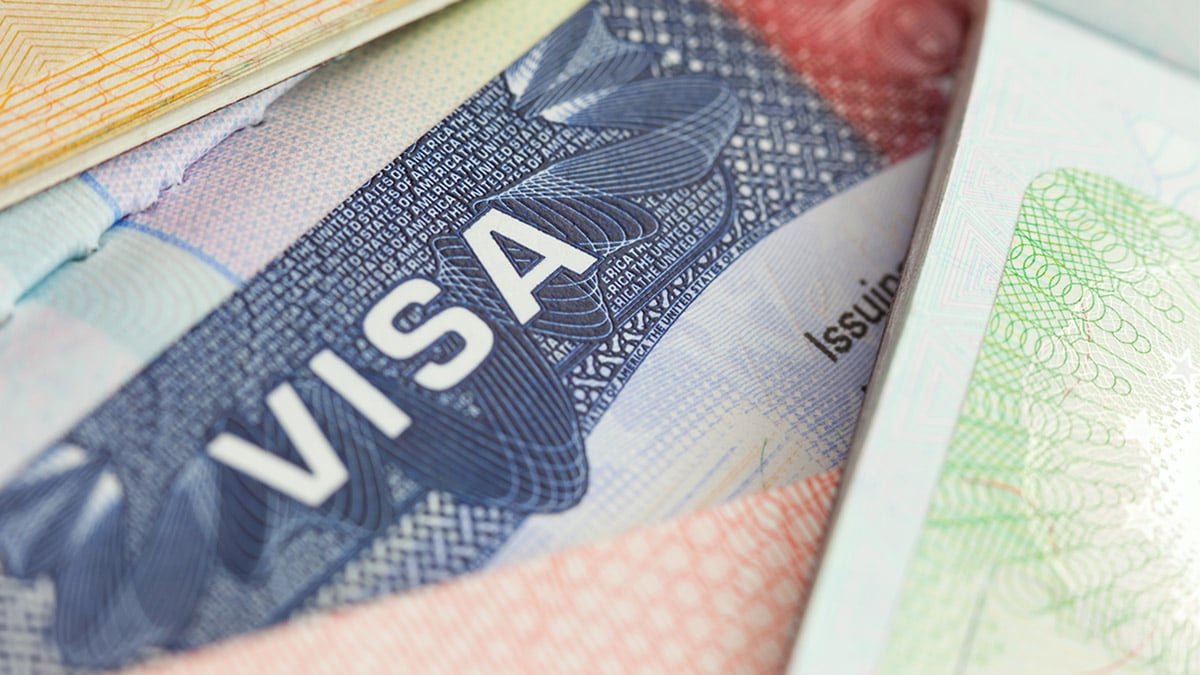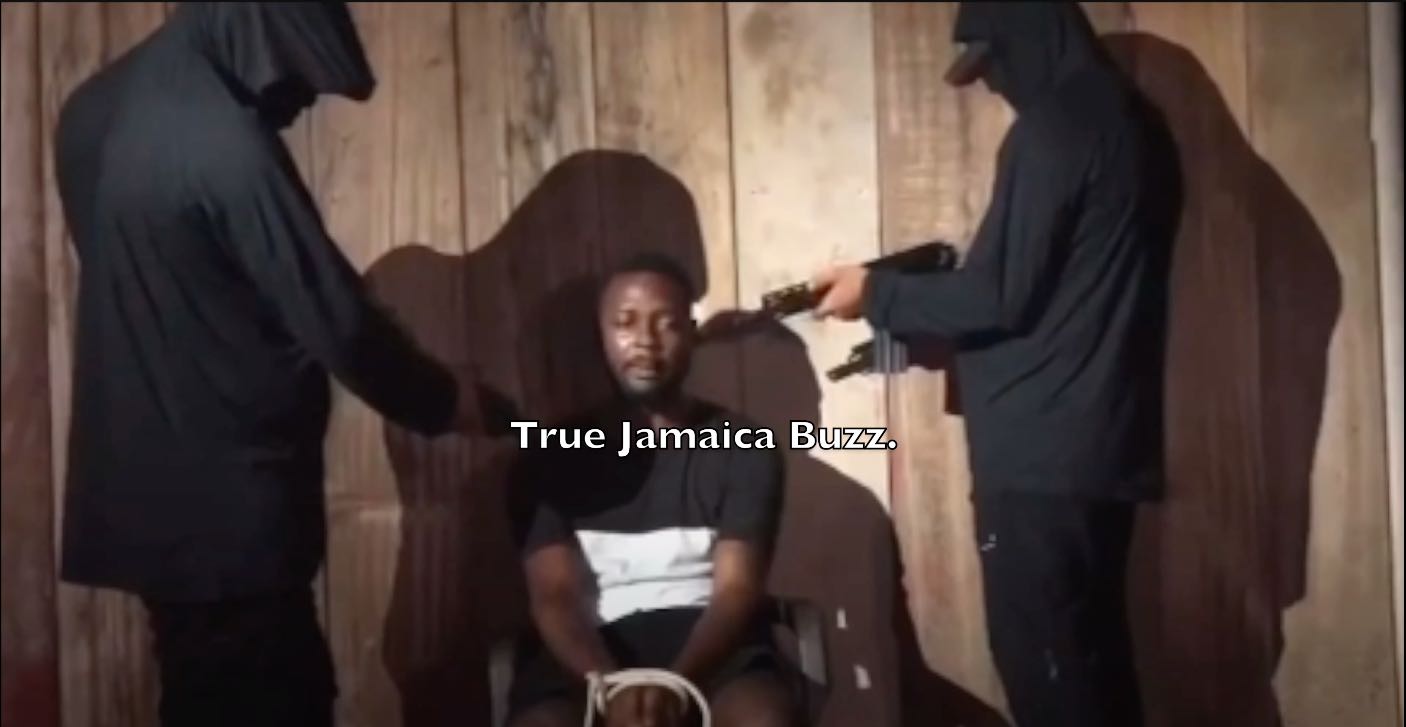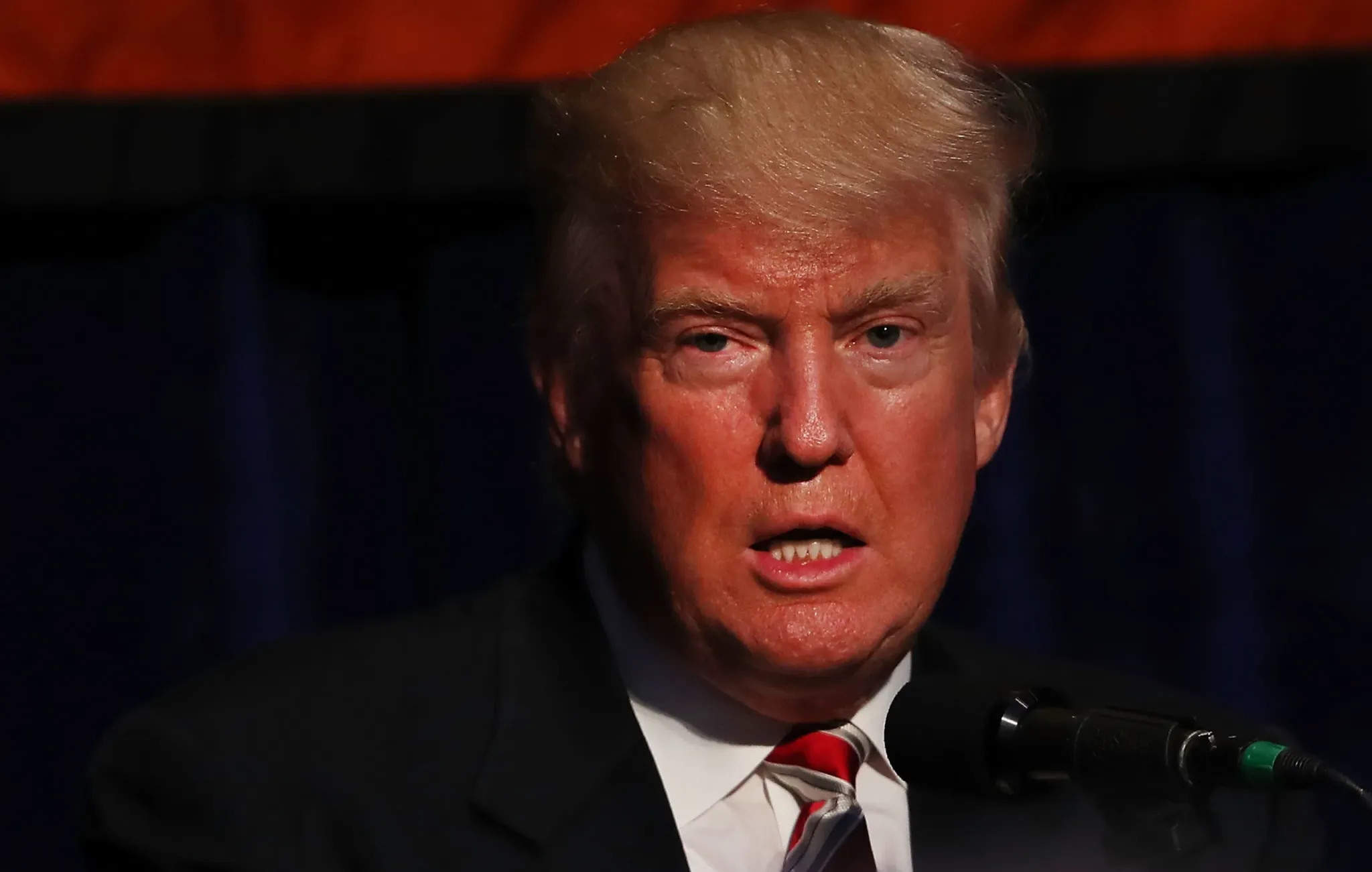In the 1970s, at the peak of the ideological battle between East and West, Prime Minister Michael Manley boldly declared, “Jamaica will go through life on our feet and not on our knees.” This statement symbolized the fierce political struggle between the People’s National Party (PNP), supported by Fidel Castro’s Cuba, and the Jamaica Labour Party (JLP), which had backing from the conservative United States Government.
Now, the US administration’s threat to revoke visas for government officials and their families from nations involved in Cuba’s medical missions to impoverished countries presents the most significant challenge in US-Jamaica relations since the 1970s. Jamaica, alongside several other Caribbean nations participating in the Cuban medical missions, finds itself in a precarious position. The island has deep ties to both Cuba and the US—its most vital trading partner and home to many Jamaicans living abroad.
Prime Minister Dr. Andrew Holness is unlikely to take the same combative approach as Manley did in the 1970s. This is not because Jamaica should submit to pressure, but because the current political climate demands careful diplomacy, especially under President Donald Trump’s “America First” policy.
Jamaica’s dilemma is not easily solved. Cuba has been a longtime friend, contributing significantly to Jamaica’s welfare, especially during tough economic times, at great cost to its own people. Beyond medical personnel, Cuba has provided support through eye-care programs, school construction (such as GC Foster College and José Martí High), and medical scholarships.
Since its 1959 revolution, Cuba has sent medical professionals worldwide, treating diseases in impoverished nations like cholera in Haiti and Ebola in West Africa, as noted by Reuters. Losing Cuban medical staff now would be a major blow to Jamaica’s healthcare system, especially given that many medical professionals are already being drawn to wealthier countries.
Additionally, the governments of countries receiving Cuban aid, including Jamaica, have repeatedly stated there is no evidence of forced labor among Cuban medical workers. Outgoing Prime Minister of Trinidad and Tobago, Keith Rowley, commented that despite hiring highly paid Cuban technical staff, his country was now being labeled as human traffickers. He said he was willing to lose his US visa to continue the program. Similarly, St. Vincent and the Grenadines Prime Minister Ralph Gonsalves expressed concern that the absence of Cuban medical staff would disrupt essential healthcare services, such as the haemodialysis program, which currently serves 60 people in his country. He affirmed that he would prefer to lose his US visa rather than see those 60 lives lost.
Last week, Jamaican Foreign Minister Senator Kamina Johnson Smith reiterated the vital role of the 400 Cuban medical workers in Jamaica’s healthcare system. Barbados Prime Minister Mia Mottley also declared that she would rather forfeit her US visa than abandon the Cuban doctors who played a crucial role in the fight against COVID-19.
Indeed, navigating this situation is a delicate balance, as countries like Jamaica, heavily reliant on Cuban medical assistance, weigh the risks of losing this valuable support against the pressure from the US.






